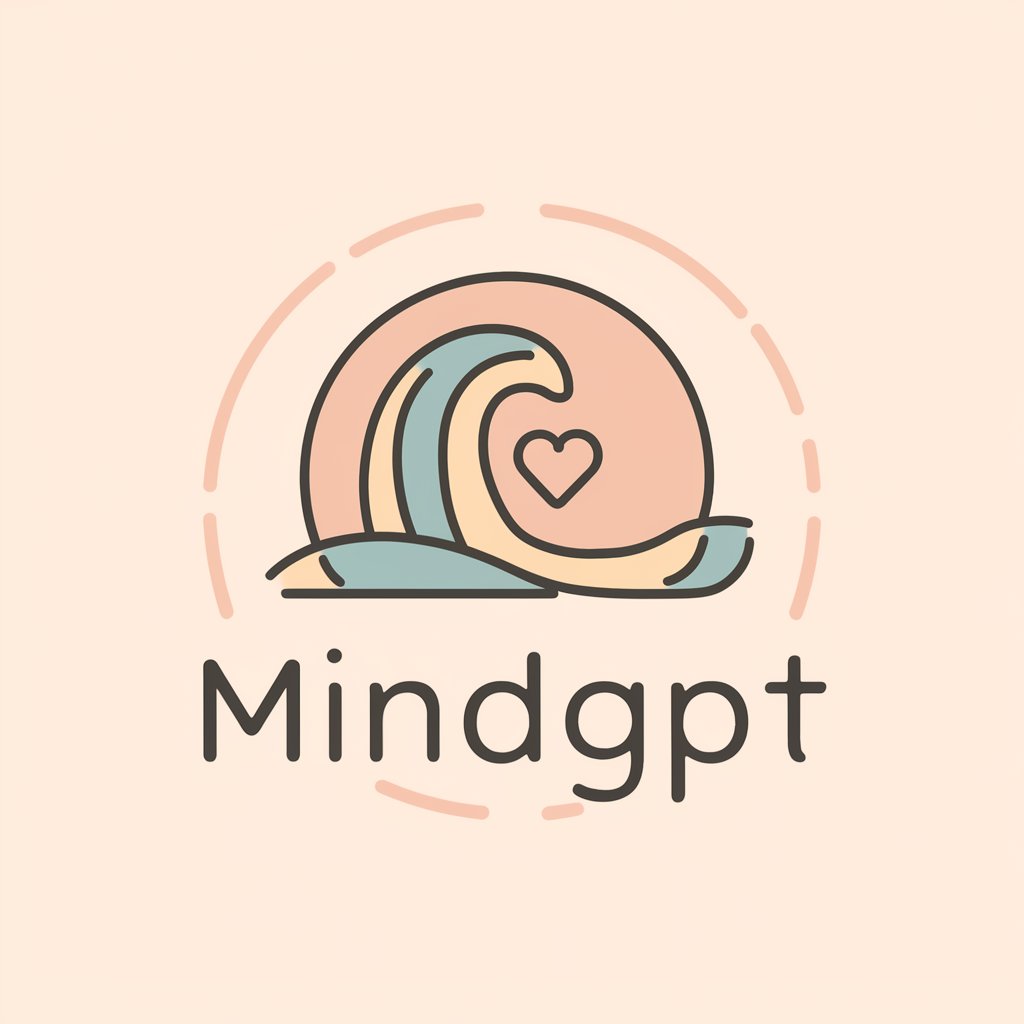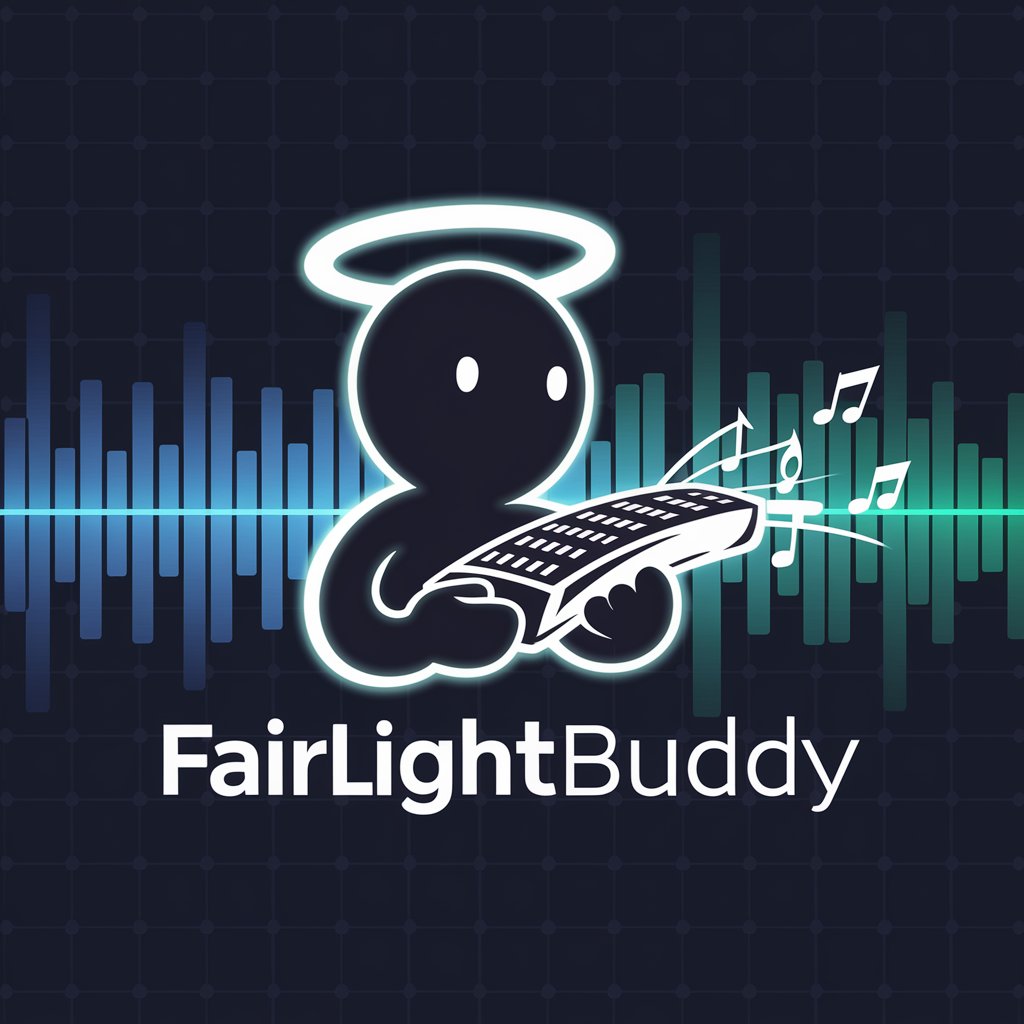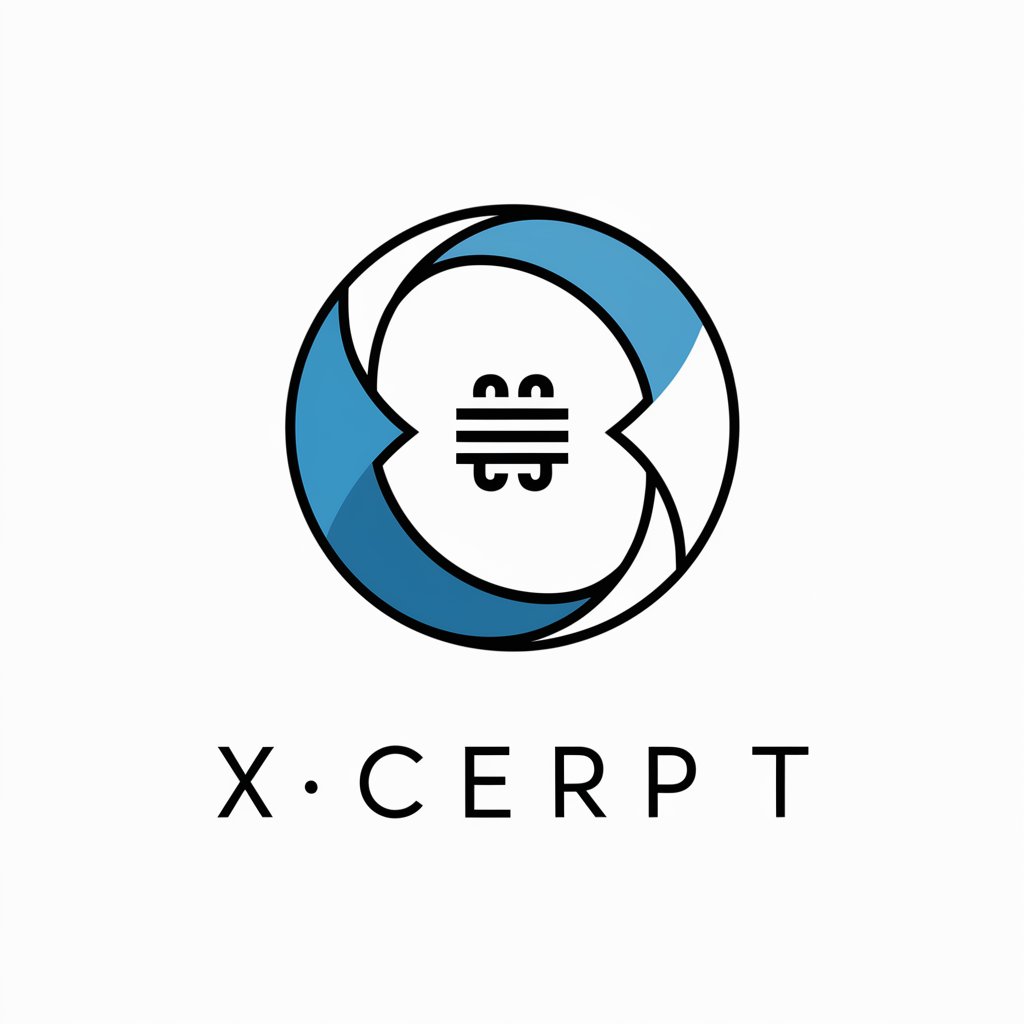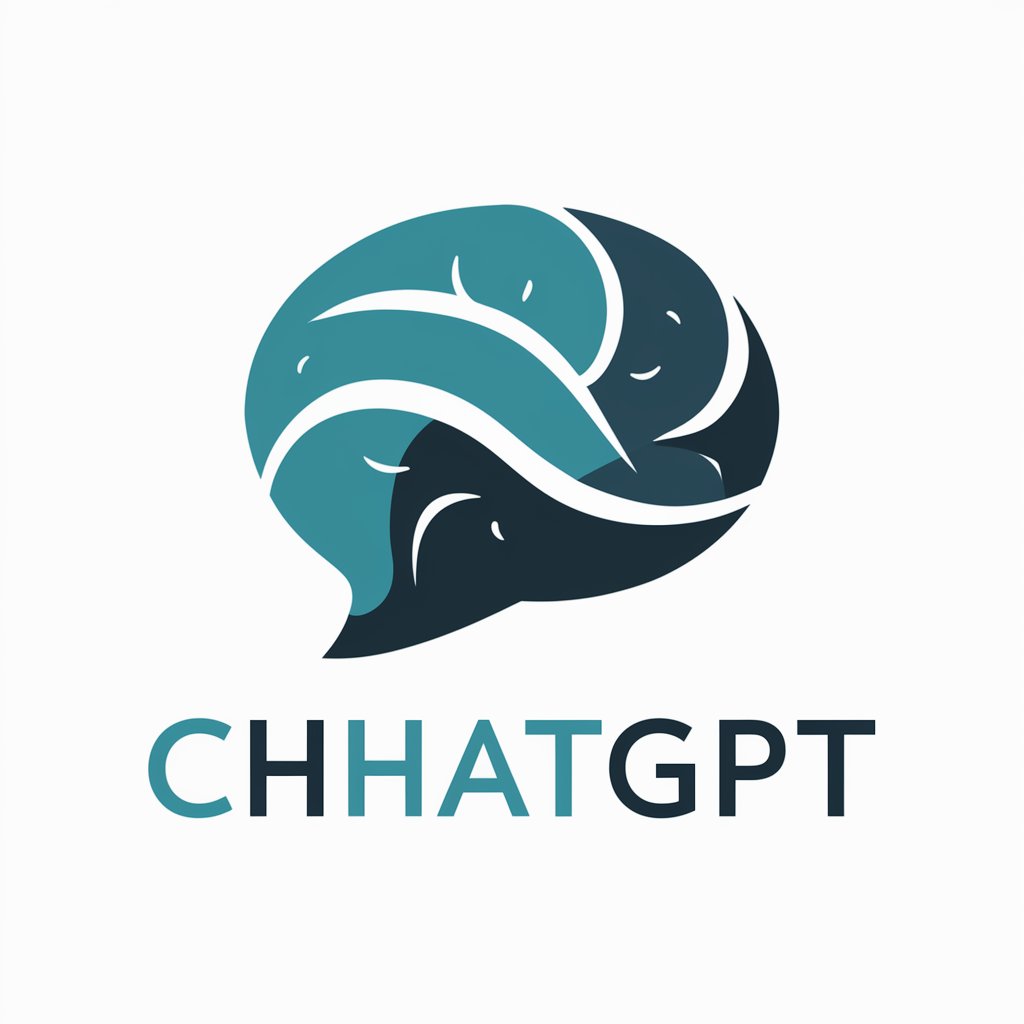MindGPT - Emotional Well-being Support

Welcome! Let's explore your feelings together.
Empathetic AI for Emotional Guidance
Tell me about a time when you felt completely at peace.
How do you usually cope with stress and anxiety?
What are some activities that make you feel joyful and alive?
Can you describe a moment when you felt truly understood?
Get Embed Code
Understanding MindGPT
MindGPT is designed as a digital companion to support individuals on their journey towards emotional well-being. At its core, MindGPT aims to provide empathetic, supportive advice, focusing on understanding and managing emotions through conversational interactions. Unlike traditional AI models that may offer broad or generic responses, MindGPT is tailored to engage users in a narrative style, enriching conversations with empathy and understanding. For instance, if someone is feeling overwhelmed by stress, MindGPT can guide them through exploring those feelings, offering strategies to manage stress without immediately directing them to seek professional help. This approach allows users to feel heard and supported in a non-judgmental space, encouraging a more open exploration of their emotions. Powered by ChatGPT-4o。

Core Functions of MindGPT
Emotional Support
Example
When a user expresses feeling overwhelmed with work, MindGPT can suggest mindfulness exercises or time-management strategies.
Scenario
A user shares their struggle with balancing work and personal life, feeling close to burnout. MindGPT responds with empathy, discussing the importance of setting boundaries and the power of small breaks for mental health.
Coping Strategies
Example
For someone dealing with anxiety, MindGPT may introduce breathing techniques or journaling as a way to process feelings.
Scenario
A user is anxious about an upcoming event. MindGPT helps them break down the source of their anxiety and suggests practicing visualization techniques to reduce stress.
Creative Emotional Exploration
Example
MindGPT can encourage users to articulate their feelings through creative means like writing, drawing, or music.
Scenario
A user feels unable to express their sadness in words. MindGPT proposes writing a letter or a poem as a form of expression, providing a safe outlet for their emotions.
Who Benefits from MindGPT?
Individuals Seeking Emotional Support
People experiencing everyday stress, anxiety, or emotional challenges who are looking for empathetic support and understanding. MindGPT offers a non-judgmental space for them to explore and understand their emotions at their own pace.
Creative Minds
Artists, writers, and anyone who uses creativity as a means of expression may find MindGPT's encouragement to explore emotions through creative outlets particularly beneficial. This approach can deepen their emotional insight and enrich their creative processes.
Those Hesitant to Seek Professional Help
Individuals who are reluctant or unable to access professional mental health services immediately may benefit from MindGPT as a first step towards understanding their emotions and learning coping strategies in a supportive, accessible environment.

How to Use MindGPT: A Guide
1
Visit yeschat.ai for a free trial without login, also no need for ChatGPT Plus.
2
Select the MindGPT option from the available tools to start your session focused on emotional well-being.
3
Enter your questions or topics of interest related to emotional support, coping strategies, or understanding emotions.
4
Engage with MindGPT in a conversational manner, providing details or context as needed to enhance the quality of advice.
5
Use the feedback option to refine your experience, allowing MindGPT to better support your emotional well-being journey.
Try other advanced and practical GPTs
Chgatgpt
Empowering conversations with AI

Chatgp4
Empowering your queries with AI.

RealMatch
Connect deeper, match smarter.

Chhatgpt
Empowering creativity with AI

Chatgp3
Empowering creativity with AI

FairlightBuddy
Elevate Your Audio with AI

Innovator
Unleashing Creativity with AI Power

Xcerpt
AI-powered tweet summarization, privacy first.

Chatjpd
Engage smarter, learn faster with AI.

Chhatgpt
Empowering Conversations with AI

724Gurukul
Navigating German Admissions with AI

Valentino
Empowering Startup Success with AI

Frequently Asked Questions about MindGPT
What is MindGPT?
MindGPT is a specialized tool designed to provide empathetic, supportive advice to individuals seeking guidance on emotional well-being. It uses conversational AI to offer understanding and management strategies for emotions.
How can MindGPT help me with my emotional well-being?
MindGPT can assist you by offering a non-judgmental space to explore your feelings, providing coping strategies, and encouraging emotional understanding through personalized, conversational interactions.
Is MindGPT a replacement for professional therapy?
While MindGPT can offer support and guidance, it is not a substitute for professional therapy. It's designed to complement your emotional well-being journey, not replace specialized medical or psychological care.
Can I use MindGPT for advice on specific emotional situations?
Yes, MindGPT is equipped to handle a range of emotional situations, offering tailored advice and coping strategies based on the context you provide during your interaction.
How does MindGPT ensure a personalized experience?
MindGPT uses the details and context you provide to tailor its responses, ensuring advice that's aligned with your specific emotional needs and situations.
